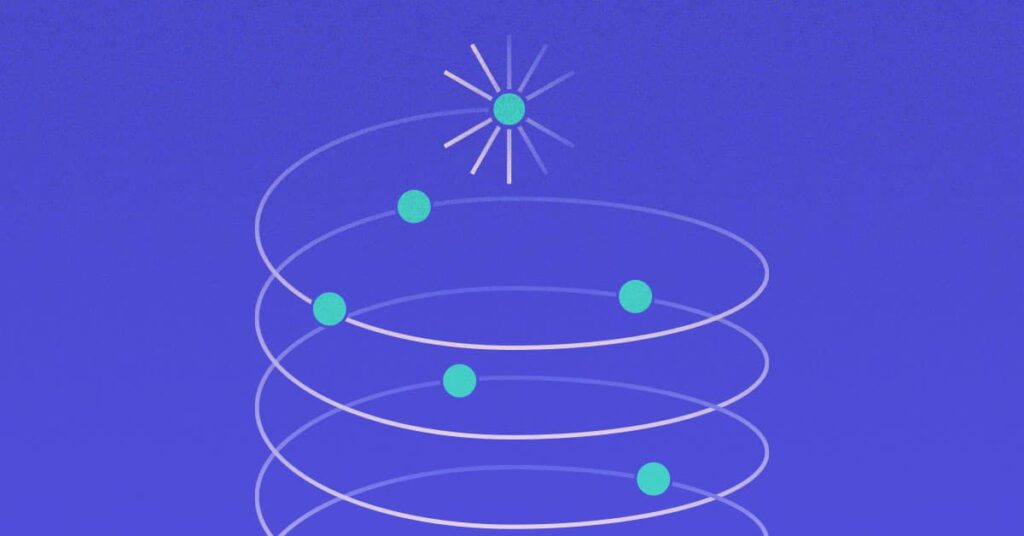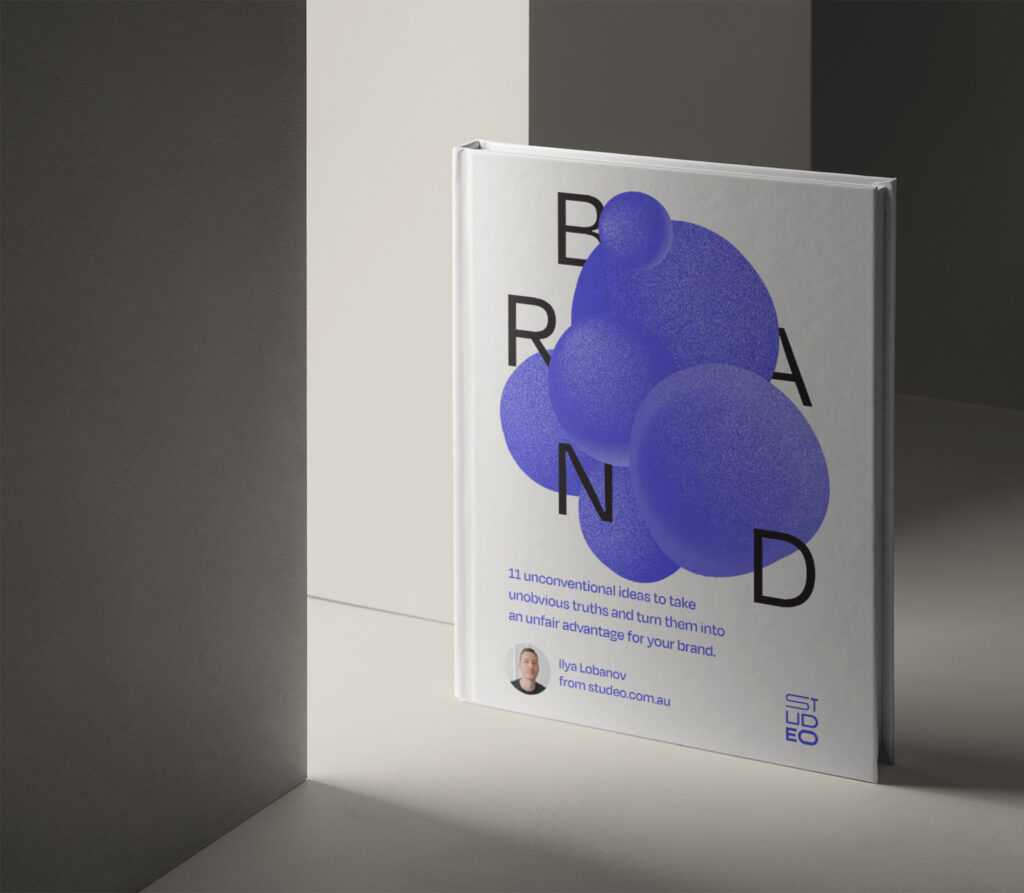The Perfect Job vs Work in Progress

Imagine that you’re watching your favourite TV series when suddenly the episode ends on a cliffhanger.
Naturally, you are hungry to find out what happens next, eagerly awaiting the next week’s show.
This is in part how the Zeigarnik effect and Uncertainty reduction theory work. Two fascinating phenomena. I’ve learned about them through my work in branding and my interests in neuromarketing and user experience design.
In a nutshell, both stimulate a nagging feeling inside that we seek to fill, whenever a task is incomplete or a situation is uncertain.
And it got me wondering, could these also lead to our expectations that there’s a dream job out there for all of us?
Where does a perfect job come from?
When I was about 12 I was passionate about 2 things. Building LEGO and playing video games. Back then I thought, “Wouldn’t it be cool if someone paid me to play video games? That would be my dream job”.
I grew up in the ’90s, and back then this dream seemed ridiculous.
To support my two passions (to buy more video games to play and more LEGO models to build) I picked up any odd job. Emptying trash for local shops or digging holes for the city’s Botanic Garden. Looking back – I was a pretty entrepreneurial kid at 12.
Today, Millenials actually do get paid to play video games. The Esports industry is getting revenue upwards of $1 billion. But somehow, my passion to play LEGO and video games professionally doesn’t occur to me anymore.
Is it possible that a dream job is not something final, and something that can evolve over time?
Charles Darwin was educated at a church boarding school and trained to become an Anglican priest but through a series of circumstances and choices…well, got on a path that’s taken him to form a virtually opposing view to that of the church.
The perfect job as a work in progress
By the time I was in my 20’s I’d developed a passion for coding websites and designing logos. “That’s it, I thought! This is what I’m meant to do – I’ve found my calling”.
Those inspirational quotes like “Find a job you enjoy doing, and you will never have to work a day in your life.” described how I felt. I enjoyed it immensely. I got paid for it. Other people found value in it and I felt useful.
At the time, when my peers talked about lacking purpose or direction, I felt in equal measure smug and surprised.
But it turned out that my ‘calling’ was not without hurdles. Managing expectations was tough. Dealing with the occasional rude client was painful. And often I hated the work I produced or didn’t want to finish a project I took on.
I learned that sometimes even a ‘dream job’ isn’t necessarily where you feel like signing Sunshine, Lollipops, And Rainbows all day long because everything is oh so perfect. Often, a dream job is one that we choose to do despite the hurdles that it entails.
Still though, to try and make my life easier I started devouring books and content on idea generation, creativity, client relationships, and soft skills, as my dream job was starting to feel like a work in progress again.
The perfectionism mindset
If you consider yourself a perfectionist, that makes two of us.
Well, in truth, I’m a recovering perfectionist. As a designer, I always wanted to get everything pixel perfect. It drove my productivity down and made me more frustrated than it made me proud.
Having read so much literature on creativity and business ventures I have learned about the power of releasing work before you feel 100% ready. And then, using the learnings from the feedback you get (whether that’s your client or potential customers) you either improve this design-product-brand or apply the lessons in your next attempt/s.
Concepts such as the MVP (Minimum Viable Product) created a huge mindset shift for me not just in my day-to-day work, but how I approached my life overall.
Perfectionism meant holding on to certain expectations that may or may not be met. And so I decided I didn’t want to live my life like that anymore.
Work(ing) progress towards dream job/s
Fast forward to today. During more than 15 years in my field, the nature of my work continued to evolve constantly. Although I remained closely tied to the design and branding industry, in the last couple of years my passion for design has eased off somewhat.
Possibly because I’ve uncovered a new passion – helping other designers to find their creative confidence. I feel like this could be my new ‘dream job’.
Two of the most common root challenges that we uncover within my coaching students are a lack of purpose and a feeling of burnout.
“I don’t have a clear direction in life, I need focus”.
“I’m feeling stressed, overworked, and burnt out”.
Does either of these statements sound familiar?
It’s no surprise. The former is a fruit of those cat posters telling you to “follow your passion” and the second is the unfortunate over-glamorisation of the hustler culture that’s encouraging youngsters to “work through the pain” and “hustle hard”.
The aha moment
From my personal experiences “follow your passion” is a dangerous piece of advice. It assumes, much like the Zeigarnik effect and Uncertainty reduction theory that things must be ‘complete’ or final in order for us to enjoy them.
The “hard work beats talent” mantra might be valid to a degree, but not when it’s approached with fanaticism. If we are working so hard to either reach our dream job or create one, but we are broken by the time we get there, is it all worth it?
Over the years, what I’d found with any of my creative endeavours is for them to be successful I needed to juggle and balance two contradictory mindsets.
Working hard and letting go.
In other words, having a process and a plan, putting in the work, but at the same time trusting that the right outcome will be achieved despite uncertainty.
And today, as I sat down to write this it hit me that this is how I’ve approached my views on the concept of a ‘dream job’.
While I believe that a true calling or a ‘dream job’ exists for a select few, for the majority of us, a dream job is more like a work in progress. And that’s great. To me, reaching some final destination or an outcome sounds so…well, final. I’d much rather keep on learning, growing, and discovering new dream jobs along the way.
Now over to you
If you enjoyed reading this article, consider signing up for the Studeo Insider, and receive more insights like this one. If you know someone who might enjoy this article, please share it. If you have any questions or would like a chat, please reach out via email or on Instagram, I’d love to hear from you!
